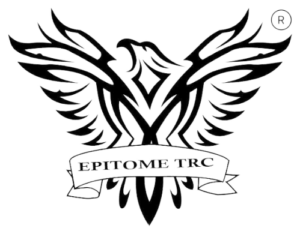Staying Up-to-Date with Certifications: A Guide to Continuous Professional Development
Table of Contents
Lastest Post
-
 Power BI and Azure: A Dynamic Duo for Business Intelligence21 May 2025 Uncategorized
Power BI and Azure: A Dynamic Duo for Business Intelligence21 May 2025 Uncategorized -
 Azure and the Internet of Things (IoT): Smart Solutions13 May 2025 Uncategorized
Azure and the Internet of Things (IoT): Smart Solutions13 May 2025 Uncategorized -
 Data Crunching: What It Is and Why It Matters22 Apr 2025 Uncategorized
Data Crunching: What It Is and Why It Matters22 Apr 2025 Uncategorized -
 Navigating Tomorrow: Future of Digital Marketing Strategies16 Apr 2025 Uncategorized
Navigating Tomorrow: Future of Digital Marketing Strategies16 Apr 2025 Uncategorized -
 How AI is Transforming Recruitment: The Role in the Hiring09 Apr 2025 Uncategorized
How AI is Transforming Recruitment: The Role in the Hiring09 Apr 2025 Uncategorized -
 How Neuromarketing is Influencing Consumer Buying Decisions01 Apr 2025 Uncategorized
How Neuromarketing is Influencing Consumer Buying Decisions01 Apr 2025 Uncategorized -
 How a Mentorship Program Can Fast Track Your Career Growth25 Mar 2025 Uncategorized
How a Mentorship Program Can Fast Track Your Career Growth25 Mar 2025 Uncategorized -
 How do you foster a culture of cyber awareness and responsibility among your employees and customers?18 Mar 2025 Uncategorized
How do you foster a culture of cyber awareness and responsibility among your employees and customers?18 Mar 2025 Uncategorized -
 Understanding Digitization and Digitalization: A Key to Future Innovation11 Mar 2025 Uncategorized
Understanding Digitization and Digitalization: A Key to Future Innovation11 Mar 2025 Uncategorized -
 The Power of Social Media Marketing04 Mar 2025 Uncategorized
The Power of Social Media Marketing04 Mar 2025 Uncategorized
